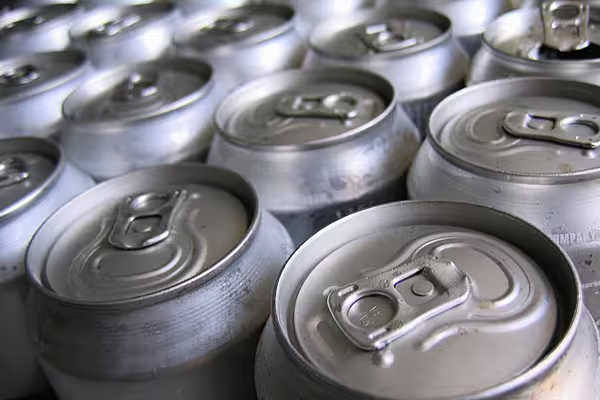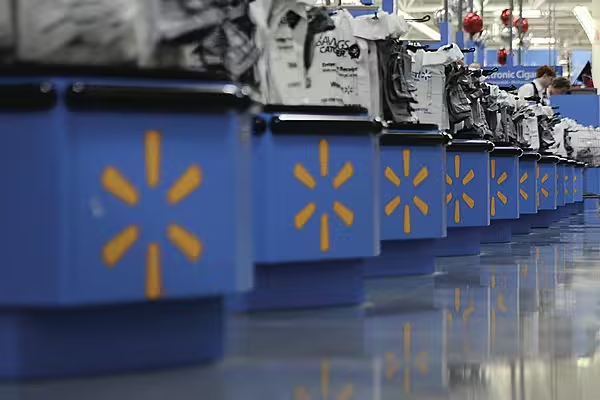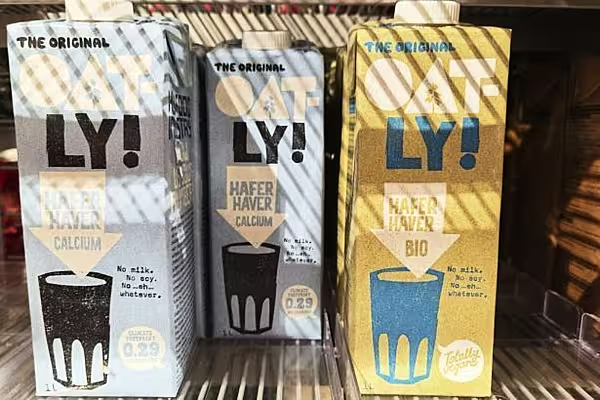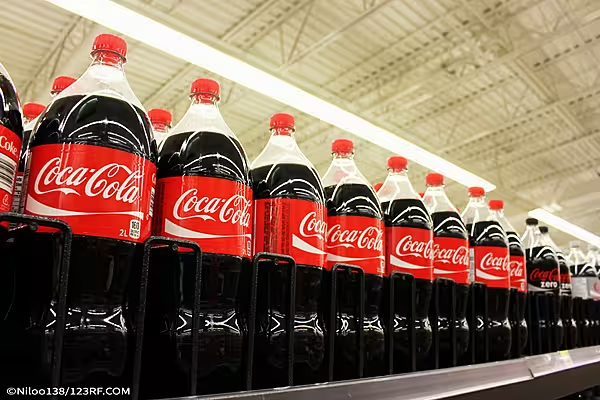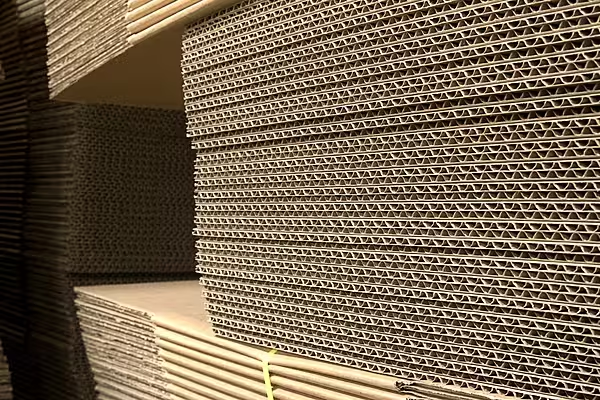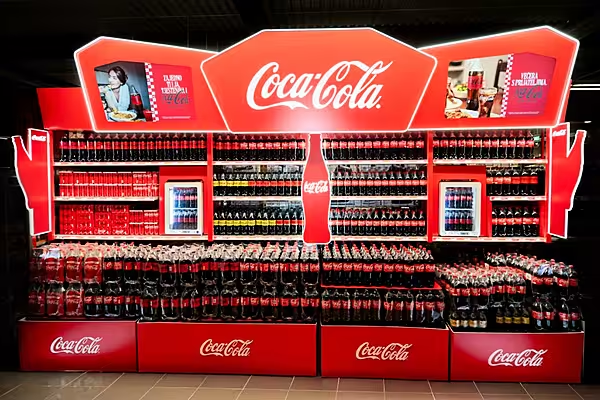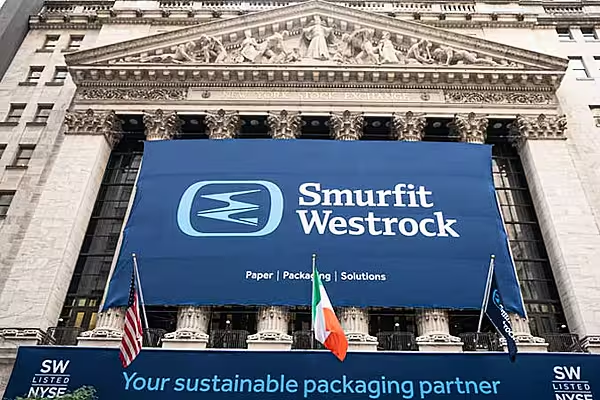A switch by China’s packaging firms to favour aluminium cans for beer and soft drinks is among the key drivers that will underpin continued demand growth for the lightweight metal, according to Rio Tinto Group.
The world’s second-biggest miner, which generates more than a quarter of its revenue from the metal, also sees demand being boosted by the forecasted rise of electric vehicles and the push by manufacturers to produce lighter cars to reduce emissions, Rio’s aluminium-unit chief executive officer, Alf Barrios, said in an interview.
“In the packaging sector, especially around soft drinks and beer in China, we’re seeing a shift from glass to aluminium,” Barrios said.
Chinese beer-makers including Tsingtao Brewery rose after both UBS Group AG and Goldman Sachs issued reports saying that they expected industry-wide price hikes. UBS estimates 28% annual profit growth for the sector from 2018 to 2020, as demand recovers.
Metal Growth
London-based Rio forecasts aluminium demand to rise by about 4% a year for the next five years, and it has yet to factor in the likely additional benefits that will flow from the adoption of electric vehicles, which typically use more of the metal than conventional vehicles, Barrios said.
Global consumption of refined aluminium is likely to have annual growth of 3% to 4% in 2018 and 2019, while China’s curbs to supply will act “as a long-term game-changer”, spurring price gains to incentivise the addition of new capacity elsewhere, according to Citigroup.
“[Supply cuts under anti-pollution efforts and industry reform in China mean that] the rest of the world, where demand is also growing, will have to supply itself with aluminium in future,” Barrios said in the interview.
“Until now, the thinking was that China would be a net exporter and all that growth would come from China – that’s where the change is. That view is now different,” Barrios concluded.
News by Bloomberg, edited by ESM. Click subscribe to sign up to ESM: The European Supermarket Magazine.
